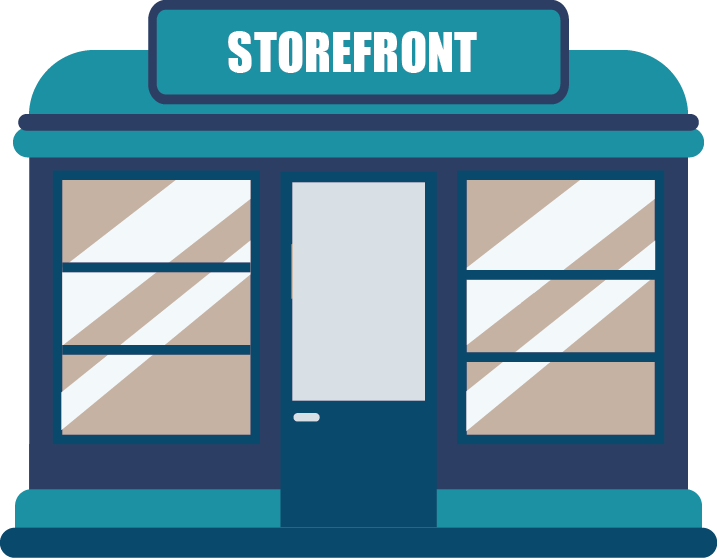Real Results through Relationships
and Resources
Real Results through Relationships and Resources
Jay Nuss Realty Group, LLC is an independent commercial real estate brokerage firm representing landlords, tenants, and businesses wishing to buy, sell or lease commercial property. Our brokers serve eastern Massachusetts, including Greater Boston, the South Shore, and inside of Route 495.
Our Commercial Real Estate Specialties Include:
“Jay and his team helped us find the perfect commercial space on the South Shore. Their dedication and passion for their work is impressive. Highly recommended!“
“A man of integrity – great expertise!
I have had the pleasure of knowing Jay Nuss for many years and have utilized his services on several occasions. He is a man of utmost integrity with great expertise in the area of commercial real estate. He is knowledgeable and is a skilled negotiator. Jay has always been conscientious of our needs and has negotiated all of our real estate transactions successfully.
It is a joy to know and to work with Jay. Anyone who decided to engage his services is making a sound decision. I give Jay my most enthusiastic and highest recommendation.”
“Having had many experiences with commercial real estate brokers during my forty-two years in business, I was recently positively overwhelmed with the unparalleled professionalism, competence and integrity of my property team from Jay Nuss Realty Group consisting of Jay Nuss, Angela Nuss and Liz Tavares, Esq. during the very complicated process of selling my Quincy industrial property. “
“Jason, Angela, and Jay nailed it for me! We found the perfect new location for my businesses. We faced some serious time pressures and I couldn’t be happier with the experience. Thank you!”
“Liz is great! always on top of things and highly recommended!”






